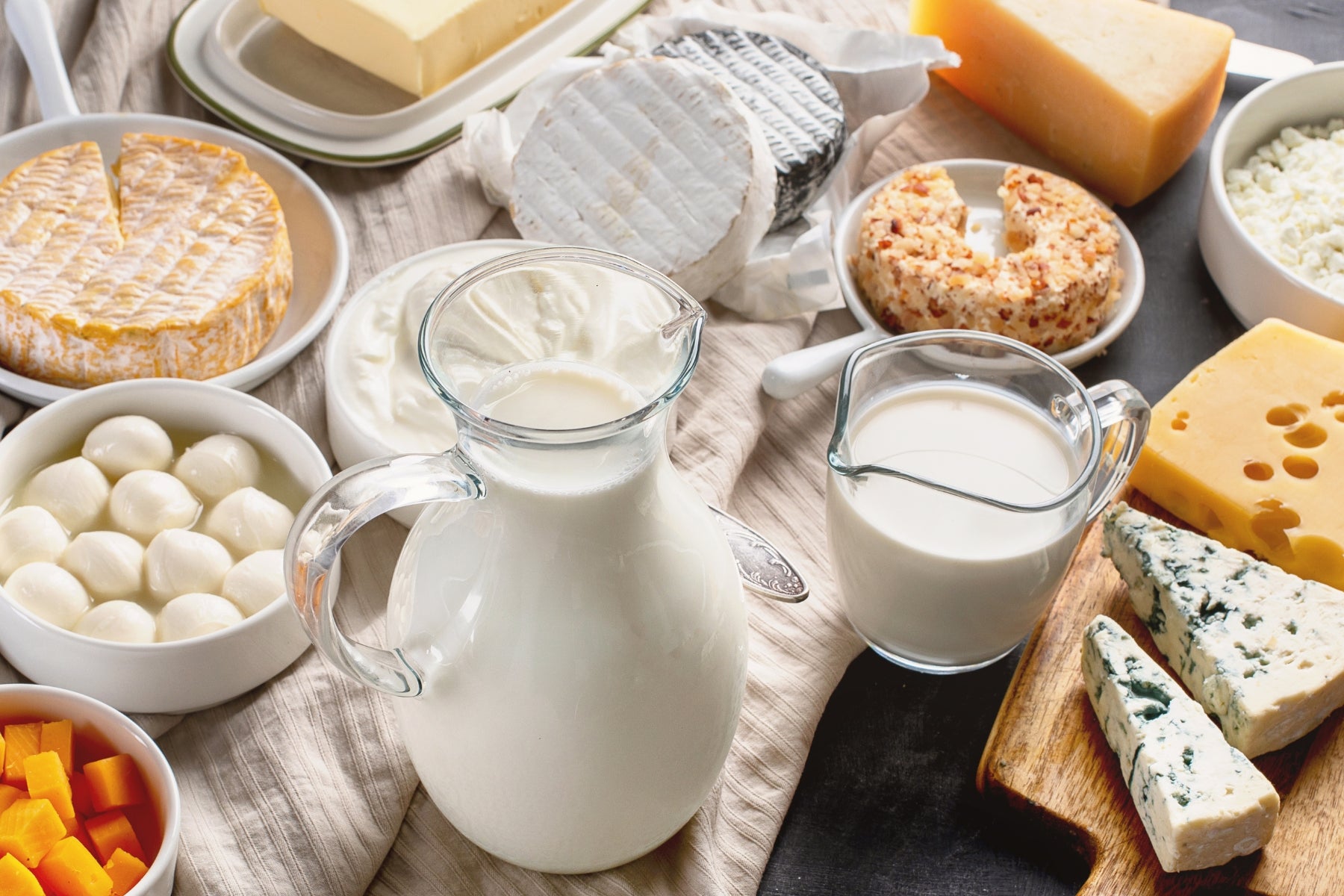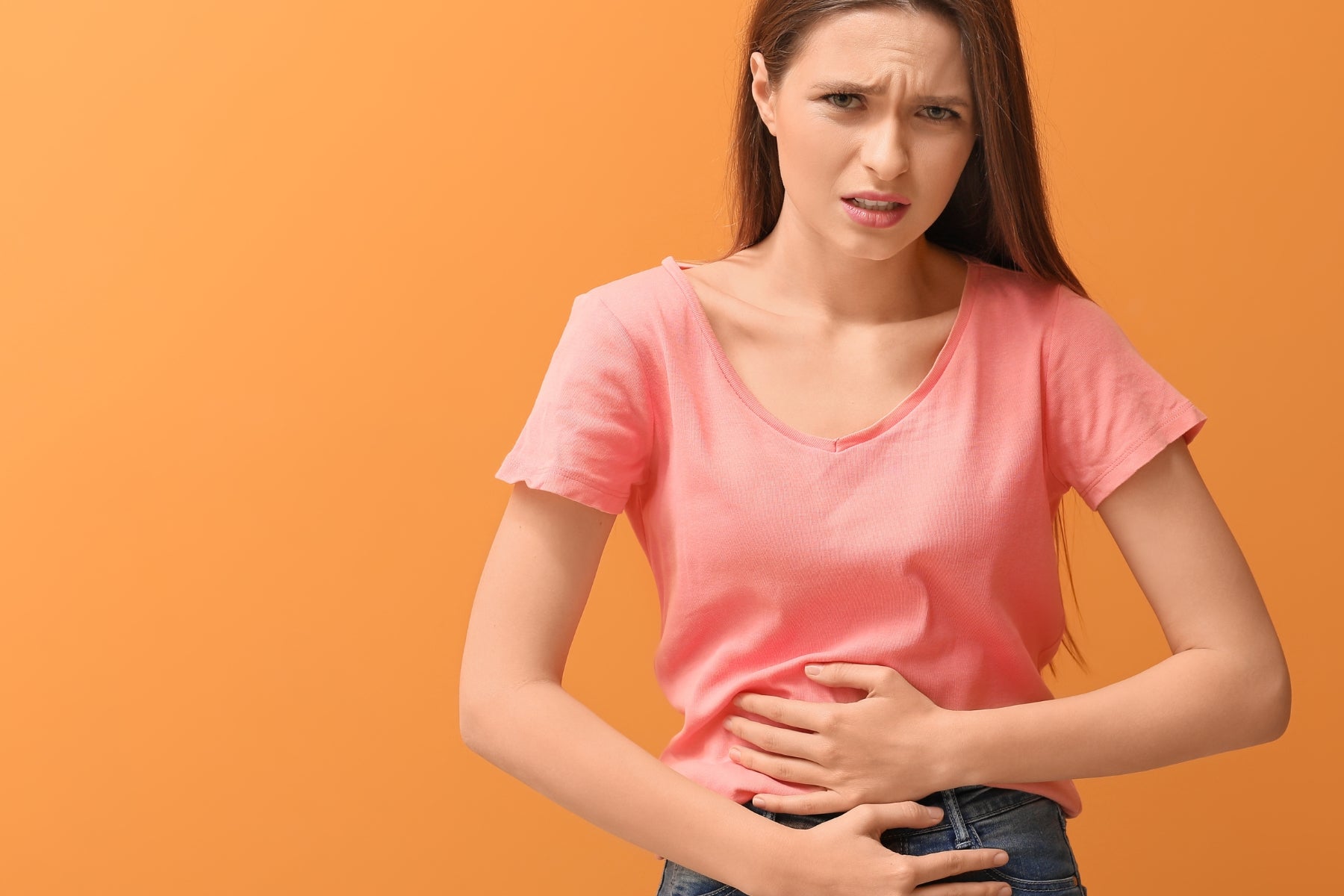Contents
1
What does a gluten-free diet mean?
For whom is a gluten-free diet important?
2
This is how healthy a gluten-free diet is
Does a gluten-free diet help you lose weight?
3
How to successfully switch to a gluten-free diet
A gluten-free diet plan helps with implementation
Gluten-free drinking meals: A practical solution
4
Conclusion: A gluten-free diet can help





